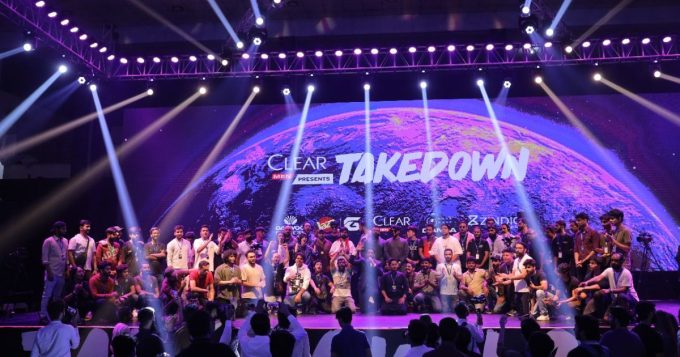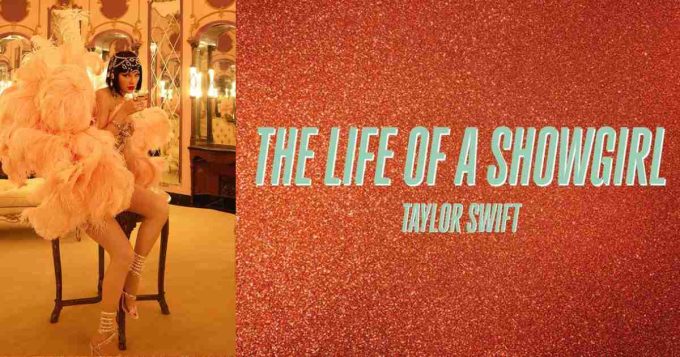Every year, on May 3rd, the world collectively pauses (at least on paper) to recognise World Press Freedom Day. We nod solemnly at the risks taken by journalists, the imprisonments, the murders, the censorship. And then, most of us return to scrolling through curated headlines, pushed by algorithms, paid by advertisers and sanitised by image management departments.
The uncomfortable truth is this: while we love the idea of a free press, but we’re unconsciously choking it with our own hands.
History of the International World Press Freedom Day
The fundamental principles of press freedom are celebrated internationally. This is done to evaluate press freedom around the world, to defend the media from attacks on their independence and to pay tribute to journalists who have lost their lives while exercising their profession.
Originally, World Press Freedom Day was proclaimed by the UN General Assembly in 1993 following a recommendation adopted at the twenty-sixth session of UNESCO’s General Conference in 1991. This was a response to a call by African journalists who in 1991 produced the landmark Windhoek Declaration.

A Hollow Celebration
Every 3rd May, we mark World Press Freedom Day with lofty speeches, social media posts and a flurry of op-eds like this one. We celebrate the idea of a free press while quietly tolerating the erosion of that very freedom.
Press freedom today is not just the obvious bans and bullet threats. It’s under a more subtle, insidious assault. And this is led by corporate interests and brand gatekeepers. The modern newsroom is no longer the sole provider of unfiltered truth; it’s also a marketplace. And the currency is the clicks, impressions and ad revenue.
From Watchdogs to Lapdogs
The traditional role of journalism is to challenge power, not serve it. But increasingly, editorial decisions are being filtered through a marketing lens. From sponsored content masquerading as journalism to entire editorial decisions being dictated by advertiser-friendly “guidelines”. There is no doubt that marketing has blurred the line between public interest and profit interest.
Newsrooms, struggling to stay afloat in a digital economy, are being forced to play nice with brands, withhold stories that might rock the boat, or sugarcoat the facts to keep ad dollars rolling in. Look around. How often do we read about major advertisers being investigated by journalists? Rarely, and that is because biting the hand that feeds you isn’t a sustainable business model. And when an outlet does dare to do real watchdog journalism, what follows? Ad boycotts, pulled sponsorships and threats of lawsuits disguised as “reputation management.”

The result is a diluted press. Press that is technically “free,” but functionally neutered.
The Trojan Horse of Sponsored Content
Sponsored content has become the norm. Articles these days look like journalism articles but are secretly advertisements. It’s a masterclass in deception. Even worse, press freedom is now being selectively exercised depending on marketability. Stories about celebrities, viral moments, or sensational crimes flood our timelines. Meanwhile, in-depth reporting on policy failures, corruption, or environmental decay are buried. Unless it can be made clickable.
Readers often can’t tell the difference. And more dangerously, neither can many young journalists starting out in the industry.
Press Freedom Needs Defending More Than Celebration
This is not an anti-marketing rant. Marketing, when ethical, is vital to business and innovation. But when it commands editorial priorities, journalism loses its soul. This World Press Freedom Day, we must ask harder questions: Who owns the press? Who pays for it? Who is allowed to speak, and who is silenced for being bad for business? Press freedom isn’t just a right. It’s a responsibility. And right now, we’re all failing it.











